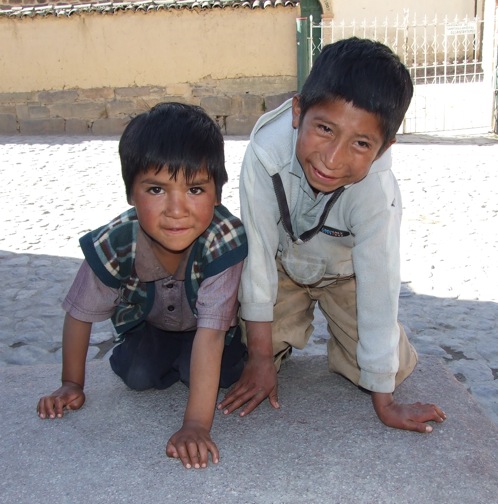 “Israel has more companies on the NASDAQ than those from all of Europe, Korea, Japan, Singapore, China, and India combined.”
“Israel has more companies on the NASDAQ than those from all of Europe, Korea, Japan, Singapore, China, and India combined.”
The above quote is from a book I’ve just finished reading called ‘Start-Up Nation: The Story of Israel’s Economic Miracle’ by Dan Senor and Saul Singer.
I really enjoyed the book, which gave a lot of insight into why Israel, a small and relatively new country, has been able to grow into the super economic country that it is today. The book explores a number of ideas, one of which I can appreciate.
“Israelis are not afraid to go where others will not,” says the author. “For example, Israelis have been traveling to China long before Americans and Europeans.”
I once read that Israelis are the second-to-most traveled people outside of their own country per capita after the Germans. Americans are the most traveled per capita within their own country. So what does this all mean?
When it comes to global business, having traveled to a country or at least not having any fear of traveling to it will enable positive business opportunities. If an Israeli gets an idea to import or export something to India or South America, he would not need to think twice about hopping on a plane. He may have already spent half a year in either place. But take the American who has perhaps not traveled outside of the US, or maybe they have traveled but only to somewhere in Europe. What if they had an idea to do business with India, perhaps for them and within their circles of friends and family going to India is a crazy idea.
A well known joke about Israeli travelers applies equally well in Nepal, Thailand, India, Vietnam, Peru, Bolivia, or Ecuador. A hotel-keeper sees a guest present an Israeli passport and asks, “By the way, how many are you?” The young Israeli answers, “Seven million,” to which the hotel-keeper says, “And how many are still back in Israel?”
Partially why I travel so much is to explore business opportunities and ideas. When a friend of mine suggested I join him in the Philippines to start a business, I went. When some Slovakian guys I met talked to be about their honey bee farming business in Cambodia, I checked it out.
Being fearless of travel is a definite benefit to growing a business.
Read More










